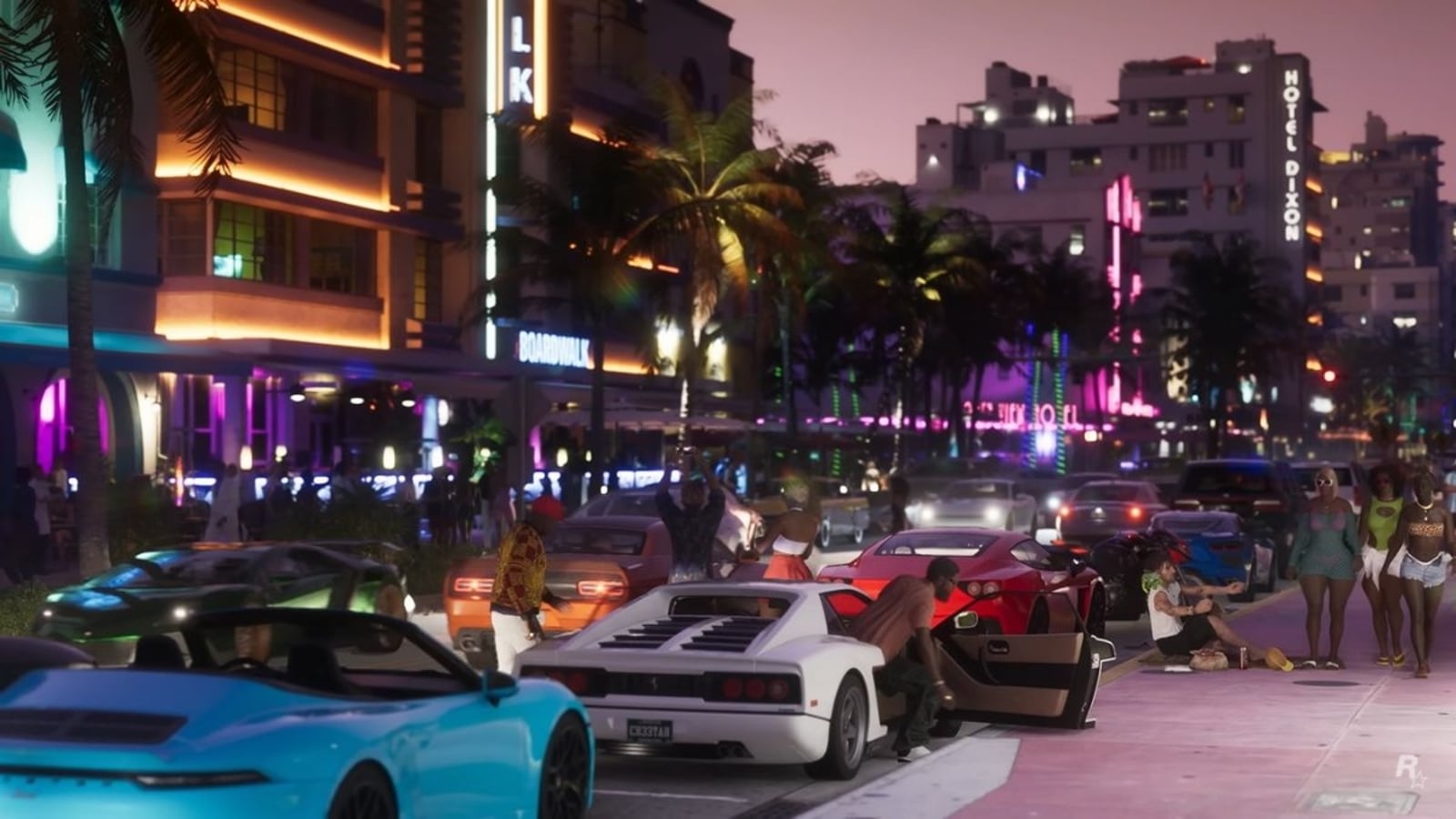The presidents of Ukraine and Russia both handed out medals on Tuesday: President Volodymyr Zelensky traveled to the besieged eastern city of Bakhmut to recognize Ukrainian soldiers as artillery thundered in the distance, while President Vladimir V. Putin honored Russian occupation figures and propaganda leaders inside the safe, gilded halls of the Kremlin.
The contrast captured the intractability of a war that began 300 days ago, with Mr. Zelensky flashing fresh defiance and Mr. Putin signaling no letup in his assault.
While Russian forces are digging in across much of the 600-mile front after a series of battlefield defeats, Moscow has stepped up its attacks on Ukrainian infrastructure with wave after wave of missile and drone strikes aimed at plunging the nation into darkness.
On the battlefield, Russia’s repeated assaults on Bakhmut, a city that was once home to 70,000 in the eastern Donbas region, have been relentless and catastrophic, evoking images of the wastelands left after the deadliest battles of World War I.
Mr. Zelensky set out in the early morning for perhaps his most dangerous trip to the front lines since the fighting began in February, traveling more than 440 miles from the capital. Wearing a plain army-green jacket, he presented medals to soldiers in combat uniform, and posed for photos with the soldiers as he saluted their “superhuman” courage.
“The east is holding out because Bakhmut is fighting,” he told the troops, adding: “In fierce battles and at the cost of many lives, freedom is being defended here for all of us.”
Mr. Putin’s parallel awards ceremony featured more pomp and circumstance — and less risk. It came hours after Mr. Putin released a video message addressed to the employees of Russian security agencies in which he warned that the situation in Russian-held parts of Ukraine was “extremely difficult.”
And it appeared geared at showing Ukraine and its Western allies that Mr. Putin was determined to continue his fight, despite what American officials say are Russian casualties now exceeding 100,000 dead and wounded.
Those honored at the Kremlin on Tuesday in a televised event included some of Russia’s most high-profile, pro-war figures. There were the Russian-installed leaders of the four Ukrainian regions that Mr. Putin illegally annexed in September, despite much of the area still being under Ukrainian control. There was Semyon Pegov, a widely read Russian war blogger who was injured in Ukraine. And there was Margarita Simonyan, the hard-line editor of one of the Kremlin’s most important propaganda outlets, the RT television network.
“Thank you for wresting our people out of the bloody mouths of these man-eaters, despite the pain and the blood,” Ms. Simonyan said at the ceremony, in an apparent reference to the Kremlin’s false claim that Ukraine has been perpetrating a genocide against Russian speakers. “And we will help you whack these man-eaters as much as you demand it from us.”
It was a reminder that Russia’s powerful propaganda apparatus, like Mr. Putin himself, is increasingly acknowledging Russia’s struggles at the front, even though it continues to hide the extent of the army’s losses. At the same time, it is presenting the war as existential — claiming that the true enemy is a NATO that seeks Russia’s destruction — and trying to prepare Russians for further sacrifice.
Mr. Putin, in a brief speech at the end of the ceremony, said these were “difficult, unusual times,” and praised Russian soldiers as “heroes.”
“When a country or even every person develops, moves forward, it always overcomes certain difficulties on this path,” Mr. Putin said. “But today, it’s indeed being accompanied by particular challenges.”
























